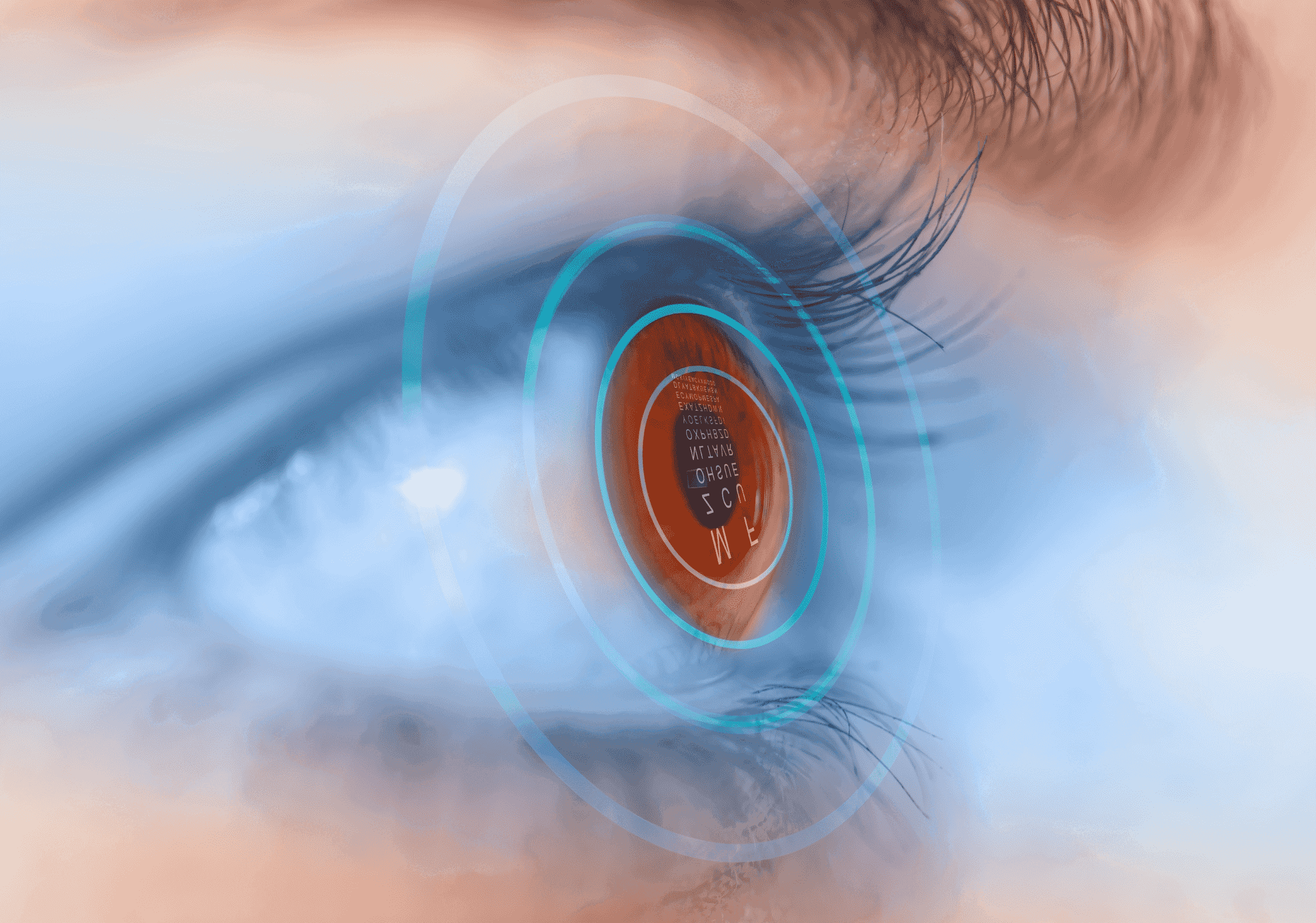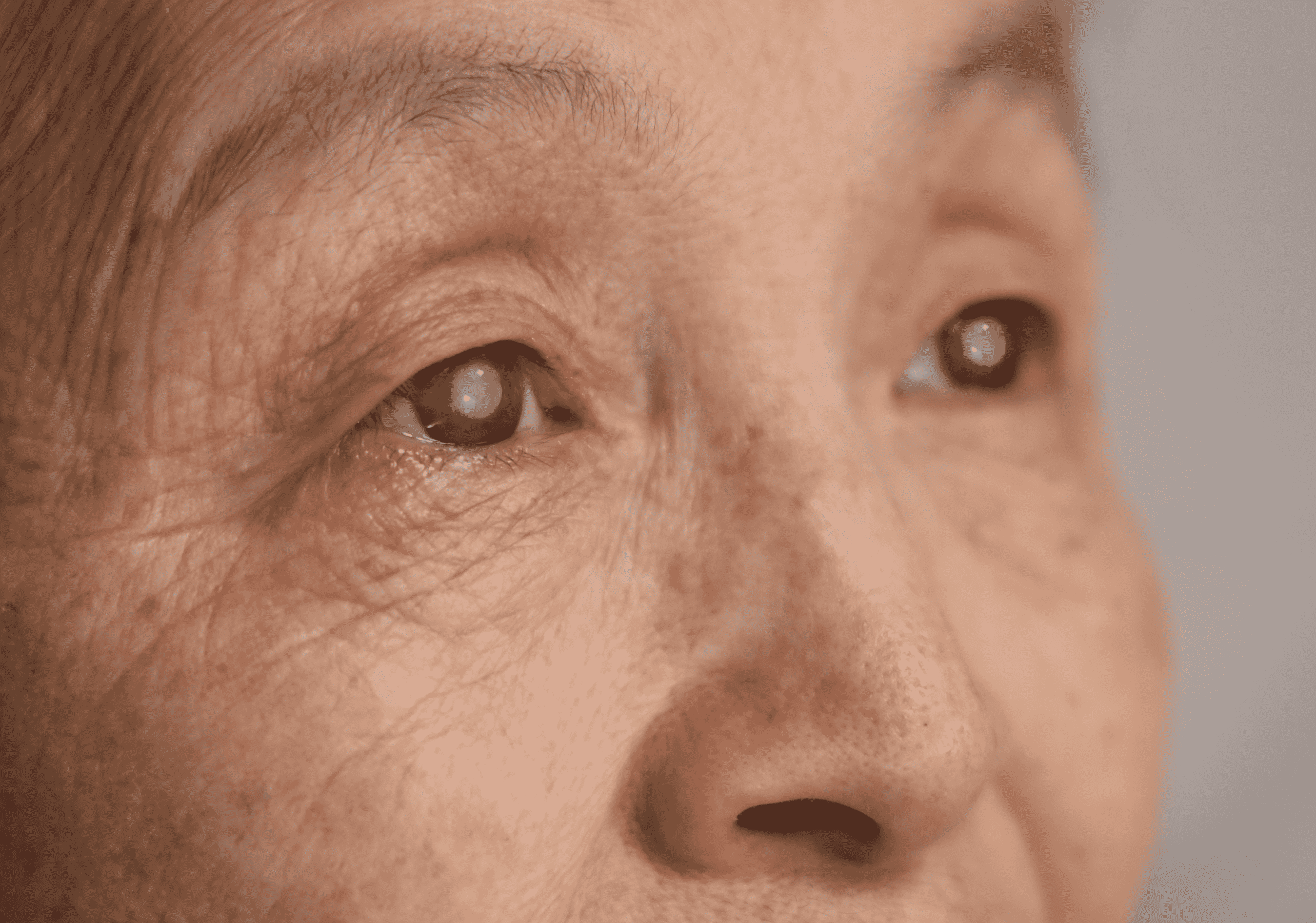-
Anesthesiology
-
Cardiology and Cardiovascular Surgery
-
Clinical Immunology
-
Critical Care and ICU
-
Dentistry
-
Dermatology
-
Endocrinology
-
ENT, Head and Neck Surgery
-
Gastroenterology
-
General and Laparoscopic Surgery
-
Gynecology and Obstetrics
-
Internal Medicine
-
Neuroscience
-
Neurosurgery
-
Nutrition and Dietetics
-
Oncology
-
Ophthalmology
-
Orthopedics and Sports Medicine
-
Pathology
-
Pediatric & Neonatology
-
Pediatric Surgery
-
Physiotherapy
-
Pulmonology
-
Radiology
-
Urology
-
Vascular and Endovascular Surgery
Clinical immunology is a medical specialty dedicated to the study, diagnosis, and management of diseases resulting from immune system disorders. These disorders include allergic conditions, where the immune system overreacts to harmless substances such as in cases of urticaria, eczema, allergic rhinitis, allergic conjunctivitis, food allergies, and anaphylaxis. It also encompasses immunodeficiency diseases, where the immune system is underactive, such as in primary immunodeficiency or HIV/AIDS, as well as autoimmune diseases, where the immune system mistakenly attacks the body’s own tissues, as seen in lupus, rheumatoid arthritis, and type 1 diabetes.
Additionally, clinical immunology covers transplantation immunology, which involves monitoring and managing immune responses following organ transplants. Clinical immunologists play a crucial role in both patient care and research, working in hospitals, diagnostic laboratories, and academic institutions to identify immune abnormalities, interpret specialized tests, and develop targeted treatment plans, including immunotherapies and immune-modulating drugs. As a rapidly evolving field, clinical immunology integrates molecular biology, genetics, and clinical practice to enhance the understanding and treatment of immune-related diseases.
Conduct the Skin Prick Test to diagnose the cause of the allergy
Prescribe the new modalities of treatment; allergen immunotherapy
Management of autoimmune diseases
Management of immune deficiency diseases
Collaborate in the management of transplanted patients and oncology patients using cancer immunotherapy
Blogs

Protect Your Vision: Recognizing the Early Symptoms of Glaucoma
Read more
How Cataracts Cause Veil Blocking Vision and What You Can Do About It
Read more
What is Cholesteatoma? Understanding the Causes, Symptoms & Treatments
Read more








